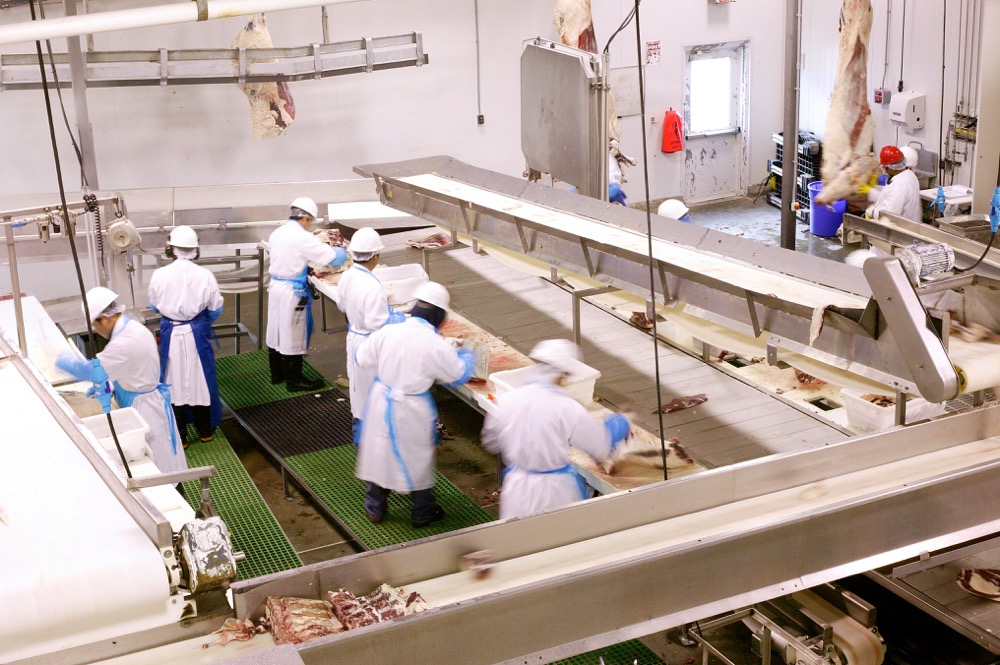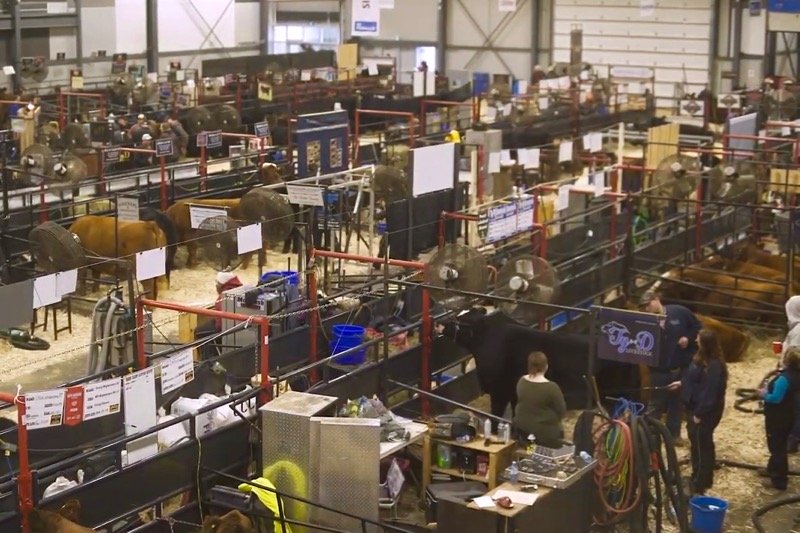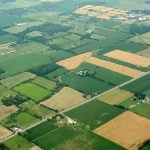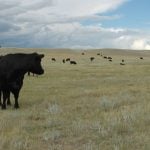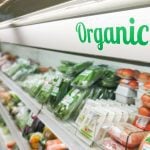Note: This is the final instalment of a three-part series. Read the first article here. And the second article here.
Alberta public health officials working desperately to curtail the spread of COVID-19 must find a way to reach the most vulnerable populations without encouraging racist undertones in online comment sections and the affected communities.
Workers at Cargill’s meat plant at High River have been hurt to read online comments blaming them for the outbreak, CBC news reports. As the bulk of Cargill’s work force comprises immigrants or temporary foreign workers, many of them from the Philippines, there are real concerns that the outbreak could fuel racism and unwarranted finger-pointing.
Read Also
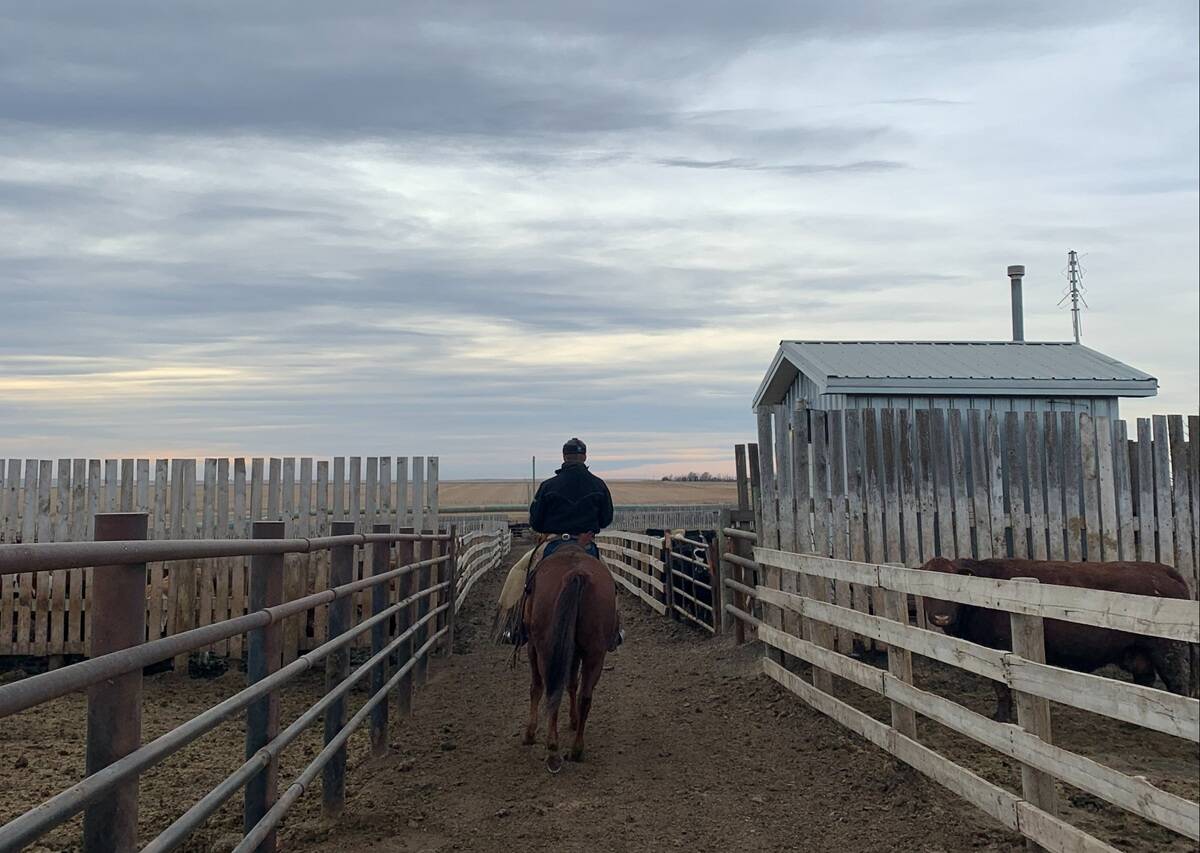
Pen riders still better than tech at detecting respiratory disease in feedlot cattle, says researcher
Recent research found that pen riders are better than tech at flagging signs of BRD in feedlot cattle
It’s adding an extra layer of fear to the lives of workers who came to Canada to do jobs no one here wants. Not only do they face the threat of dying or losing their ability to work, COVID-19 is raising the spectre of scapegoating.
Community leaders in Brooks hold similar concerns. Yet both communities need to boost awareness around self-isolation to slow the disease’s spread, leading to the question of how to talk about the situation openly without promoting incrimination.
Within Canada’s general population, most people are adhering to public health directives to reduce the coronavirus’ spread, pointed out Ric Morales, director of community development and integration services at Calgary Catholic Immigration Society in High River.
But there are a minority who are minimizing the situation or latching onto conspiracy theories, he said. High River mirrors the rest of the country, with all but a minority adhering to public health directives.
So why aren’t some people self-isolating when they’re supposed to? The reasons are complex.
In some cases, it’s impractical or impossible for people to self-isolate without support. Others may simply not know or fully understand the protocols and the reasoning behind the protocols.
To counter those public education issues, Morales and his colleagues are making sure people are aware of the directives from Alberta Health Services, including the necessity of self-isolation. That means providing clarity and translation into different languages, he added.
Educating people is also part of the challenge in Brooks, said Mayor Barry Morishita. From what he’s seen, JBS “has done a pretty good job” of educating its employees about health directives and helping them with the situation, he said. But within the Brooks community in general, there’s a “big gap” in awareness and education.
To some degree, the outbreak is a result of “people not doing what they’re supposed to do or not (being) able to do what they’re supposed to do,” said Morishita. One big push is to educate people when they’re tested, to make sure they understand what self-isolating entails.
Mohammed Idris, service manager with Brooks and County Immigration Services, said that when the pandemic began, they started reaching out to their more vulnerable clients, such as single parents or those who had recently moved to Brooks. Since then, they’ve broadened that effort, contacting all of their clients. Many clients have questions about self-isolation procedures and the situation in general, he said.
But even while emphasizing the need for public education and outreach, officials are calling for fair play in public conversations. Craig Snodgrass, mayor of High River, said in his weekly address that conversations around the outbreak should be fair, and he doesn’t believe the current conversation in the media is fair to Cargill, the plant’s employees, or the Town of High River.
“It’s our community and we’re all in this together. And we’re the ones who have to deal with it,” said Snodgrass.
Morales also raised concerns about blame falling unfairly on the Cargill plant workers. He pointed out they are filling jobs with long hours that few Canadians apply for, and are often supporting extended family back home, as well as themselves. They have been “doing their best to keep the Canadian economy going and to support the cattle industry.”
“This is not about Cargill. This is not about any ethnic group. This is, first of all, about a community, a province, a nation,” said Morales.
Morishita said that for the most part, his community has avoided scapegoating, but it’s something he expects to face as fear and anxiety grows with the numbers of infected. There are always people who want to pin all the blame on an identifiable group of people, he said.
“But let’s face facts; if the entire community did what they were told, and just toughed it out for a while, we would be in way better shape than we are. And if we helped each other through it, we’d be in way better shape than we are. And if we’re going to get out of it, that’s what we have to do.”
The COVID-19 outbreak has broad community spread now, and is not just confined to the plant workers or their families, Morishita pointed out. It’s been found in numerous locations, including restaurants and care homes, he added.
Morishita, addressing beef producers specifically, encouraged them to continue the daily work of raising cattle, while social distancing.
“We don’t need it to appear anywhere else. And support the people that are doing a good job. Everybody needs that now and if we’re going to get through this thing together, everybody will need to step up.”
During the flooding in High River in 2013, there was an outpouring of community support, with people coming together regardless of nationality or ethnicity, said Morales. “And I think this crisis is calling for the same response.”
Morales said they know that Cargill’s closure is affecting cattle producers. But he wants to see people focus on a constructive solution and deal out compassion rather than heap blame.
“This is a time that is going to test the depth of our humanity.”


